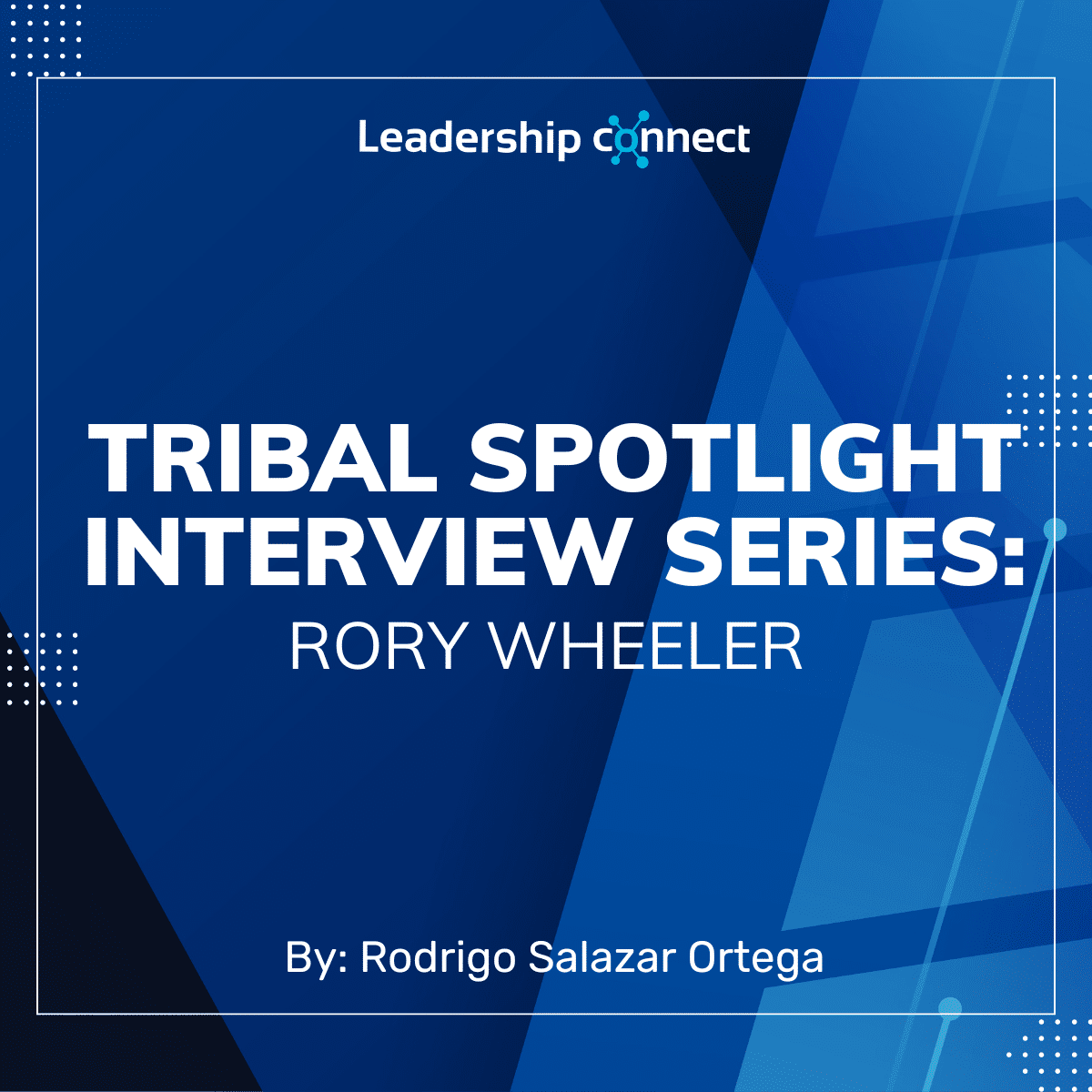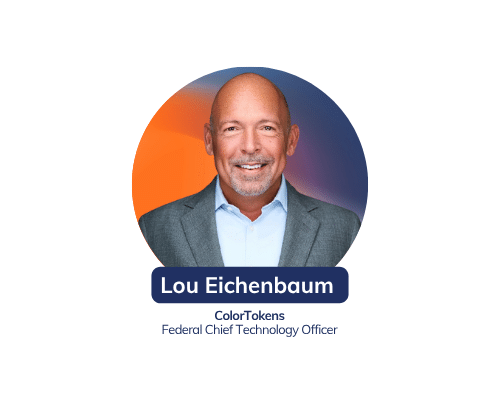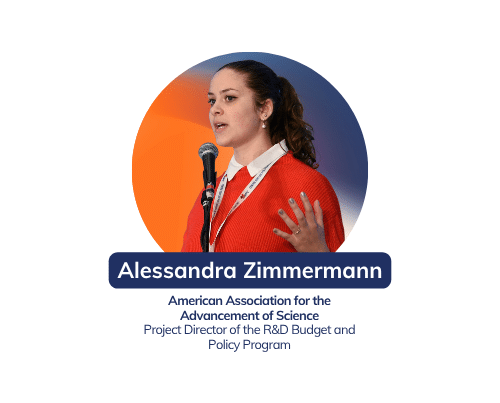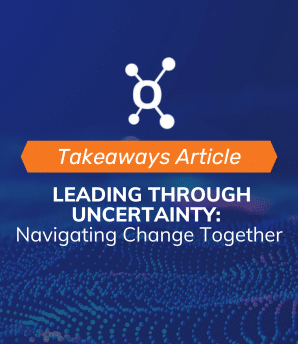I spoke with Rory Wheeler about the various opportunities he has taken on working in the Tribal Relations space and his passion as public servant with a passion for building future leaders.
Can you tell me about your career path that has led you to where you are now?
I am a citizen of the Seneca Nations of Indians in western New York. I grew up hearing the stories from my grandparents and those in the community about our nation’s history and learning lessons on being helpful to others. This made me have an interest in my tribe from a young age. At 15, I got to work directly with the tribal council which furthered my passion for serving my people. I got more opportunities which led me to want to work and support tribes in helping them exercise their rights. I got the opportunity to work for the Tribal Nation Council where I learned about other tribes and how to help them. I have since been in D.C. doing the things I wanted to do like serving on the Obama administration representing tribal youth all over the country. I am now a law student helping tribes in space where they have not been helped. I also am working at USDA working to further my experience working to support Tribal Nations.
How did you become passionate about the intersection of tech, government, and tribal communities, and how do you stay informed and engaged in those areas?
My passion came a lot from our values. It was mainly looking out for each other and taking care and advantage of our natural resources. It led me to work with USDA. I always wanted to help leaders in my community who were great role models and I wanted to do what they did for others. I want to expand that to other nations and right some of the wrongs of the past. I want to make sure we see ourselves and people see us in a different light, which is why I value public service so much.
What do you believe sets Tribal Government Relations apart as a unique work environment, and how do you navigate its challenges in your everyday work?
The biggest challenge is having to always educate others. There is not too much that is taught in schools about tribal sovereignty and its relation to the U.S. Government. It is important to teach others about tribes being independent entities and treating them as such. Being recognized in that way is a challenge but I feel empowered to do this work.
Describe a challenging or rewarding project that significantly influenced your growth as a professional. How did you handle the challenge, and what did you learn from the experience?
I look back on how grateful I am to have been placed in a position of power, authority, and prestige to influence Tribal Relations since I was young. Getting that challenge at a young age was intimidating but a great opportunity because I had the trust of a lot of people around me. I am most proud of working on projects for my tribe and nationally with other tribes. The longevity of our tribes is contingent on building future leaders. Working in this space has been a true blessing to do meaningful work. It is very personal as a tribal member and public servant. It is a huge responsibility to serve my people.
What advice would you give to someone navigating how to bridge the gap between traditional practices and modern governance structures?
The first important thing is to acknowledge the sovereignty of all 574 tribes with their unique values and traditions. Being an empathetic listener is key to being successful in working with tribes. I had the advantage of working for my tribe and then getting to work with others. Each tribe has its ways of operating with unique dynamics. To do this work you need to put their voice and their intentions first and foremost while being respectful. It is important to recognize Tribal history because we can’t progress if we don’t acknowledge it. We all must do our part to advocate for policies that help our communities and build future leaders.
Word Association, what is the first word that comes to mind for each of there?
- Policy – Advocacy
- Networking – Relationship Building
- Communications – Open and inclusive dialogues
- Leadership Connect – Being a positive role model for future leaders






